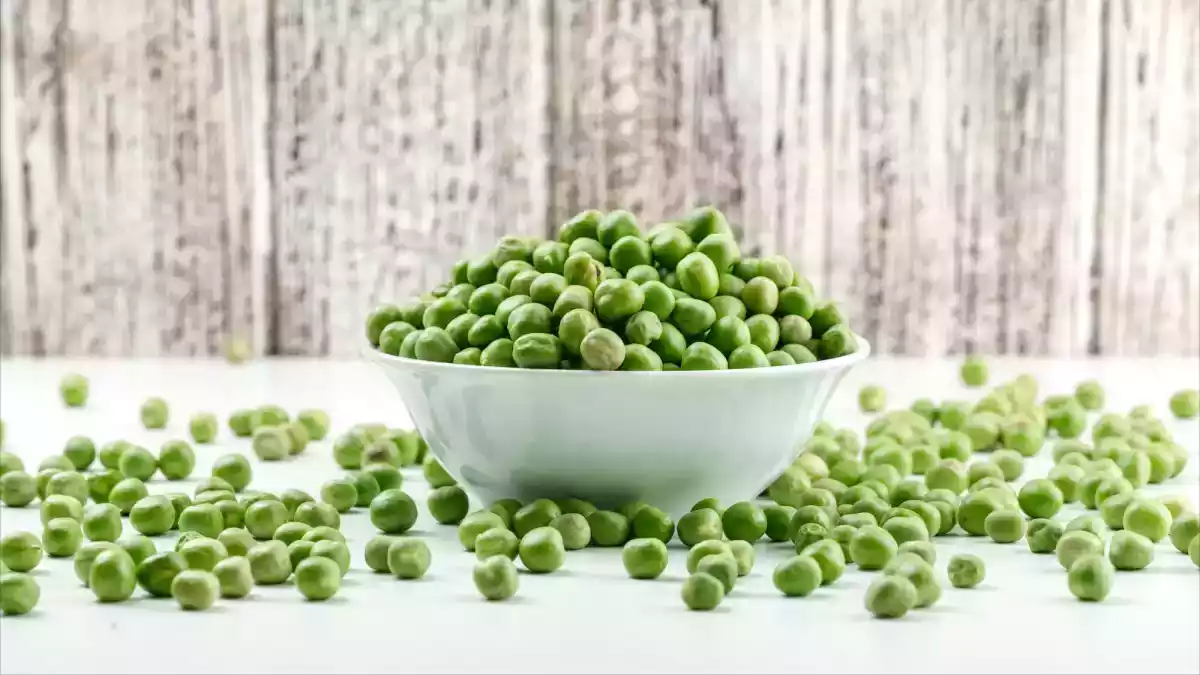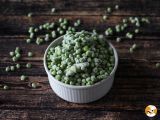Peas: the spring superfood that adults forget!

Peas often evoke childhood memories: creamy purees, delicate purees or light risottos. Yet this small green legume packs surprising nutritional value, ideal even (and especially) for the adult diet. Rich in protein, fiber, and antioxidants, peas are a true seasonal superfood, capable of supporting wellness and boosting any eating plan. Here are 6 reasons why you should re-evaluate them, even if you had relegated them to your childhood dishes!
1. Rich in plant proteins
Peas provide about 5.4 g of protein per 100 g (5.4%), representing a viable option for those on a vegetarian or vegan diet. The protein present promotes muscle growth and recovery, offering a nutritious alternative to animal sources.
2. Allies of cardiovascular health
Peas are rich in soluble fiber, which is helpful in reducing LDL ("bad") cholesterol levels. High-fiber diets are often associated with a lower risk of developing cardiovascular disease and promote long-term heart health.
3. They strengthen the immune system
Due to the presence of vitamin C, zinc, and antioxidants such as polyphenols, peas boost the immune system and help protect the body from inflammation and recurrent infections.
4. They promote intestinal health
Fiber in peas promotes the balance of intestinal flora, stimulating healthy digestion and fighting constipation. In addition, prebiotic fiber supports the growth of beneficial bacteria in the microbiota.
5. Benefits for the brain
Peas are a valuable natural source of vitamin B1 (thiamine), which is essential for supporting cognitive function and the nervous system. In addition, their iron and folate content helps reduce mental fatigue and improve concentration.
6. They help to stay in shape
Due to their richness in fiber and low glycemic index, peas increase feelings of satiety and help keep blood sugar levels stable, making them perfect even for those on a diet or with insulin resistance problems.
You might also be interested in:
Sources:
Diabetes UK - Low GI Foods
Healthline - Thiamine Benefits
Harvard T.H. Chan - Fiber
 Daniele Mainieri
Daniele Mainieri

Comments